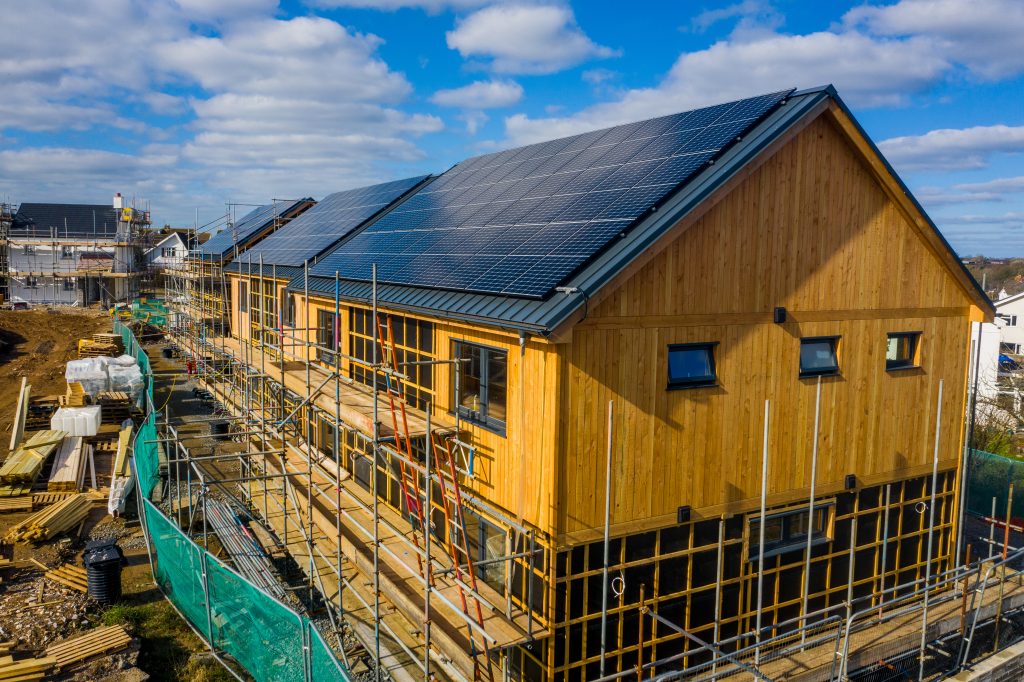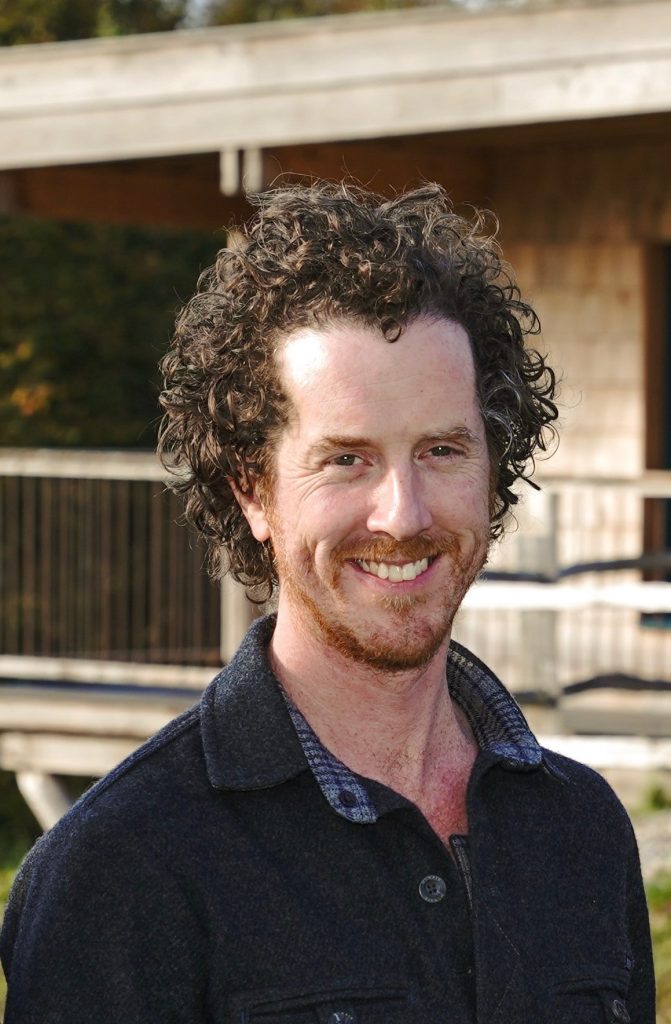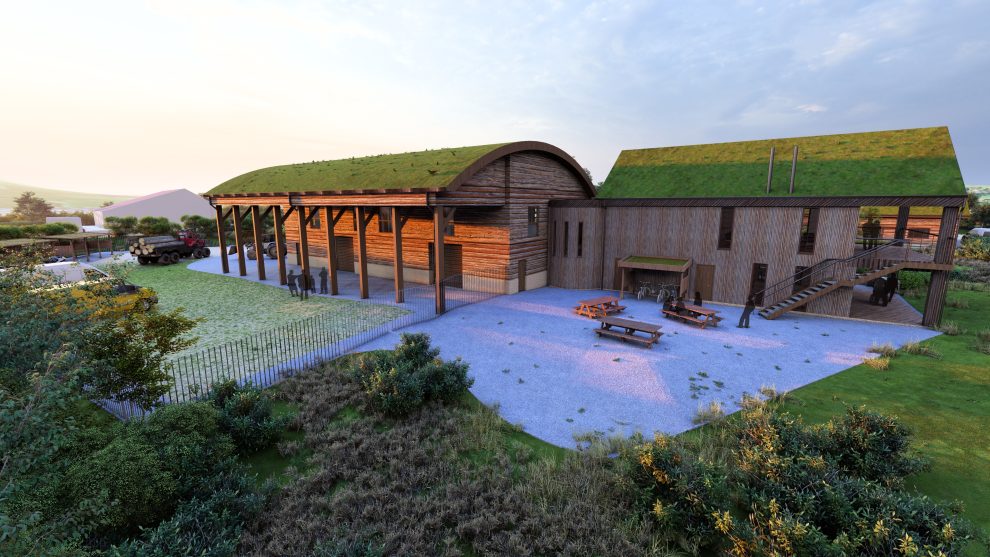TIMBER frame panels using Welsh wood could be produced for houses, schools and hospitals alongside new business units in Gower.
Down to Earth Project, a social enterprise, wants to build the eye-catching manufacturing facility at Crofty Industrial Estate, by the Burry Inlet. There would be training and office space linked to the building and four separate units for start-ups or established businesses.
Down to Earth Project is consulting on its proposal, called Woodworks, prior to submitting a planning application to Swansea Council next month.
The enterprise has been running for nearly 20 years and already operates at two sites. Over the years it has provided a hands-on experience in sustainable building techniques for thousands of disadvantaged young people and adults. These people, for example, helped build six social rented homes as part of a larger housing development in Pennard, Gower.

The heavily-insulated, timber-framed development planned at Salthouse Point at the far end of Crofty Industrial Estate would have a minimal ecological footprint. Rooftop solar panels would generate electricity, native trees – including fruit trees – would be planted, and all surface water retained on site.
Project co-founder and chief executive Mark McKenna said it had outgrown its bases at Murton and Cilibion, which will be retained, and that the “exemplar” buildings at Crofty would show that panels made from Welsh-grown larch and Douglas fir could be produced at scale and generate a route into employment for people.
Mr McKenna said external timber panels of different sizes would be manufactured and that they’d be insulated with wood fibre or cellulose, meaning what’s known as their embodied carbon emissions would be very low.

He said: “The main advantages are keeping the supply chain in Wales – and the environmental benefits are very substantial. This is about trying to make the most out of what we have got in Wales – timber, employment opportunities – and show that we can create infrastructure which is good for people and good for the planet.”
Mr McKenna said the enterprise was going to build up to 30 social rental homes in Cardiff after proving that the concept worked at its six homes in Pennard. These off-grid houses have clip-on solar panels on their Tata Steel-designed roofs, use Welsh slate in the kitchens and, according to Mr McKenna, are “net exporters” of energy.
Groups which take part in Down to Earth Project activities were very much at the forefront of the supervised construction process. “It shows that communities can build fantastic homes,” said Mr McKenna. “We built on time and on budget.” He said tenants were shielded from the soaring energy price spikes which have hit over the last two or three years, although costs are now falling. “These are homes that effectively have no fuel bills,” he said.
Mr McKenna conceded that they were around 20% more expensive to build than conventional houses but that this cost would be recouped due to ongoing, minimal energy bills. He also pointed to the major health benefits of living in a well-insulated, warm home.
Asked if he was frustrated that more developers didn’t adopt the Down to Earth Project’s approach to construction, he said: “Yes, it is a source of frustration. A lot of the ways we work are possibly ahead of their time. But there is more pressure on developers to show added social value. We are playing the long game.”
The Woodworks project at Salthouse Point is expected to create around 30 jobs, including those at the business units, and will need funding for the expected £6 million development costs. If all went to plan, work would start next January and finish in January 2027. Initial work has been funded by the People’s Postcode Lottery innovation trust. “Construction costs have gone through the roof,” said Mr McKenna.


















